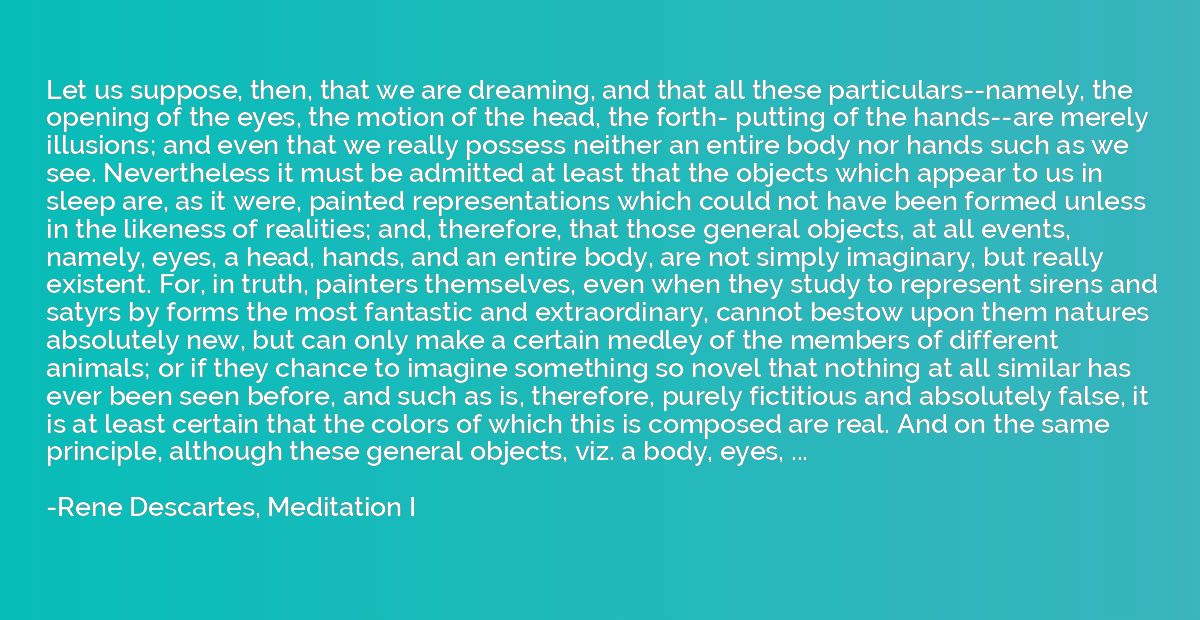Quote by William Wycherley
Your women of honor, as you call em, are only chary of their reputations, not their persons; and 'Tis scandal that they would avoid, not men.

Summary
This quote suggests that women who are considered virtuous and honorable are primarily concerned with protecting their reputations rather than their actual well-being. It implies that these women care more about avoiding gossip and scandal than about the intentions or actions of men. The quote criticizes the societal expectation for women to be cautious of how they are perceived, highlighting the disparity in priorities between reputation and personal safety or fulfillment.














